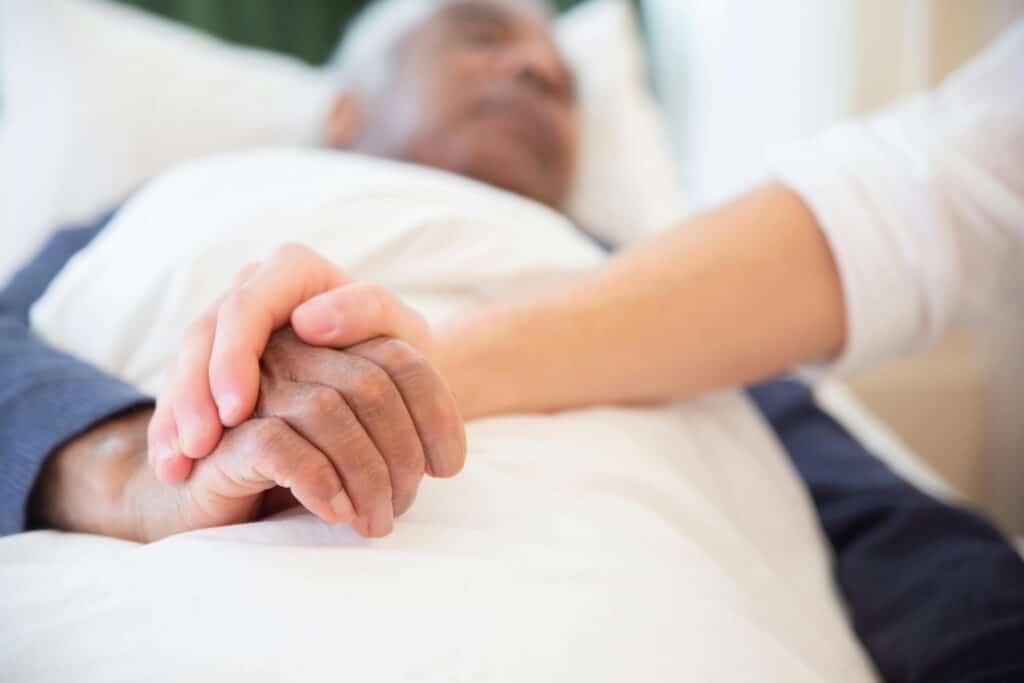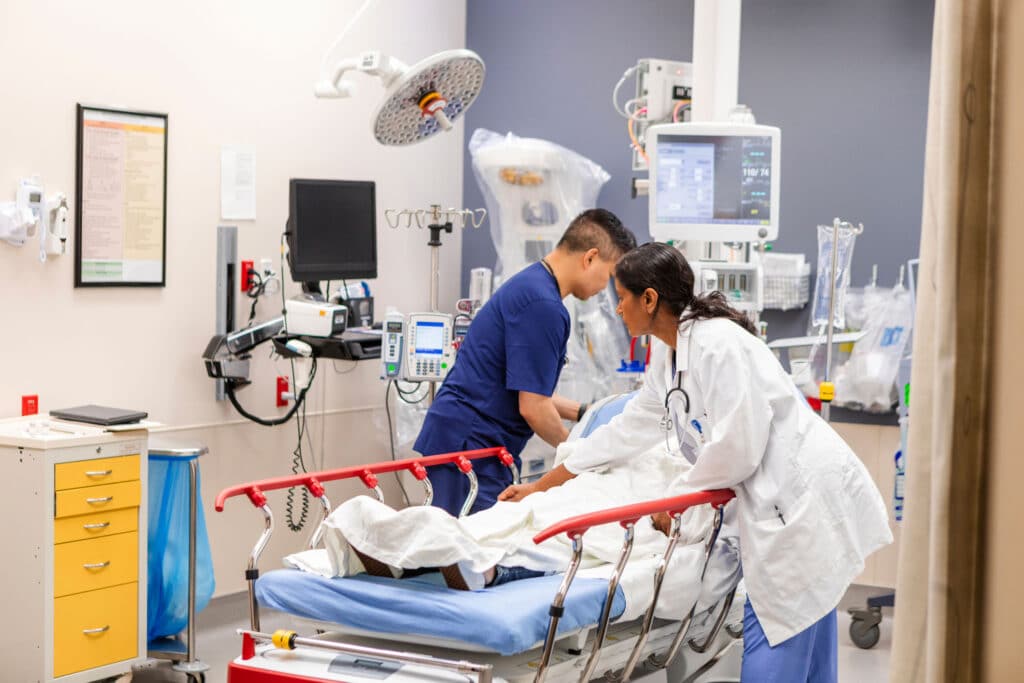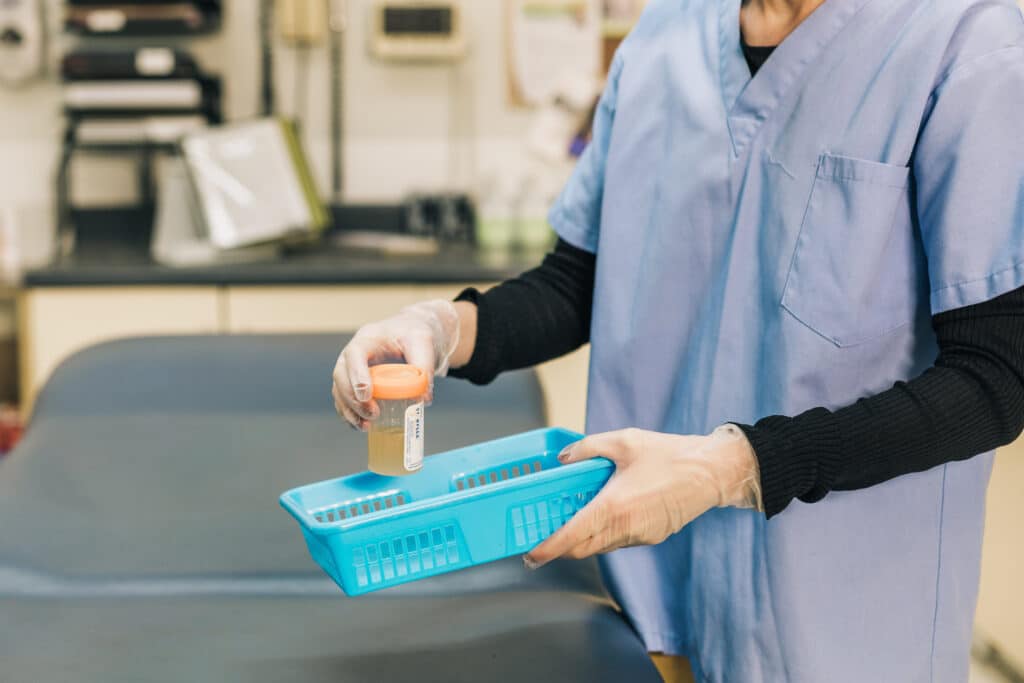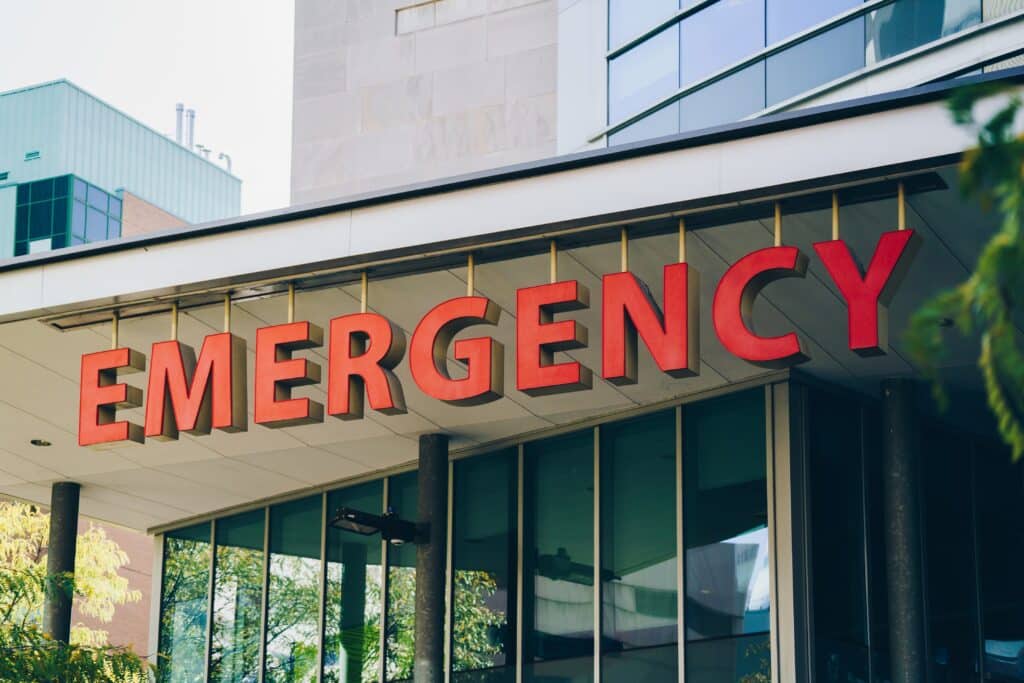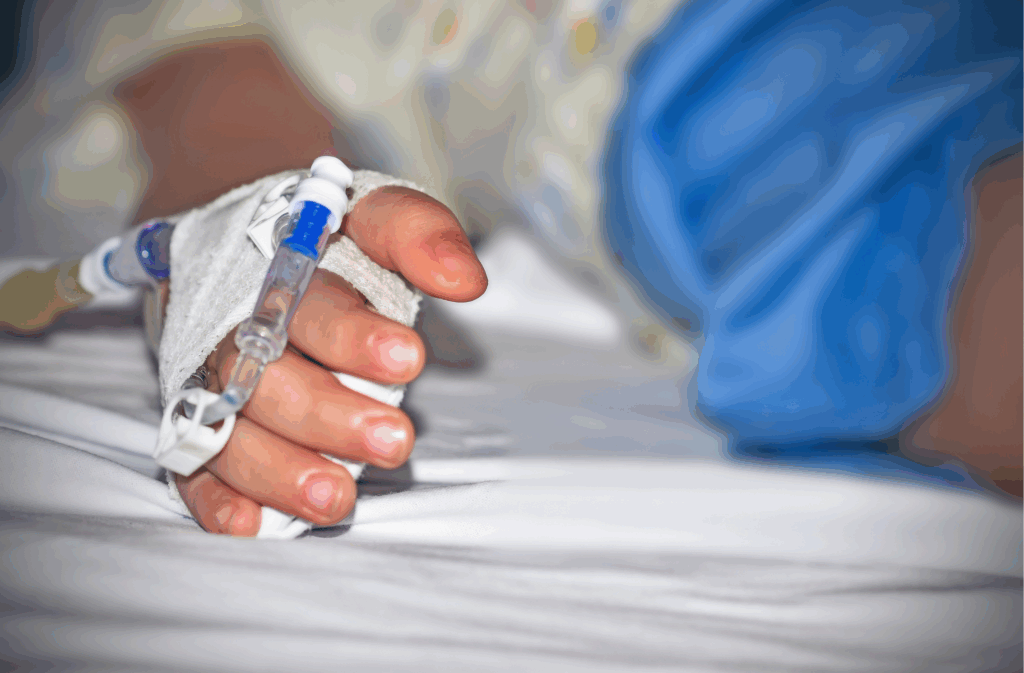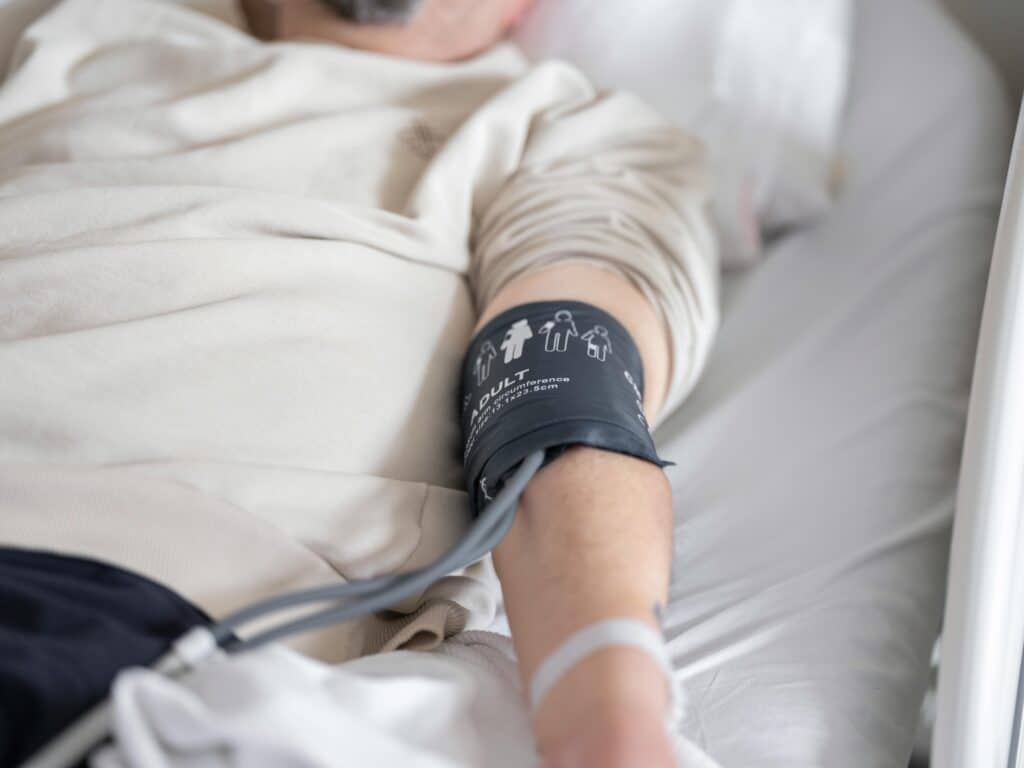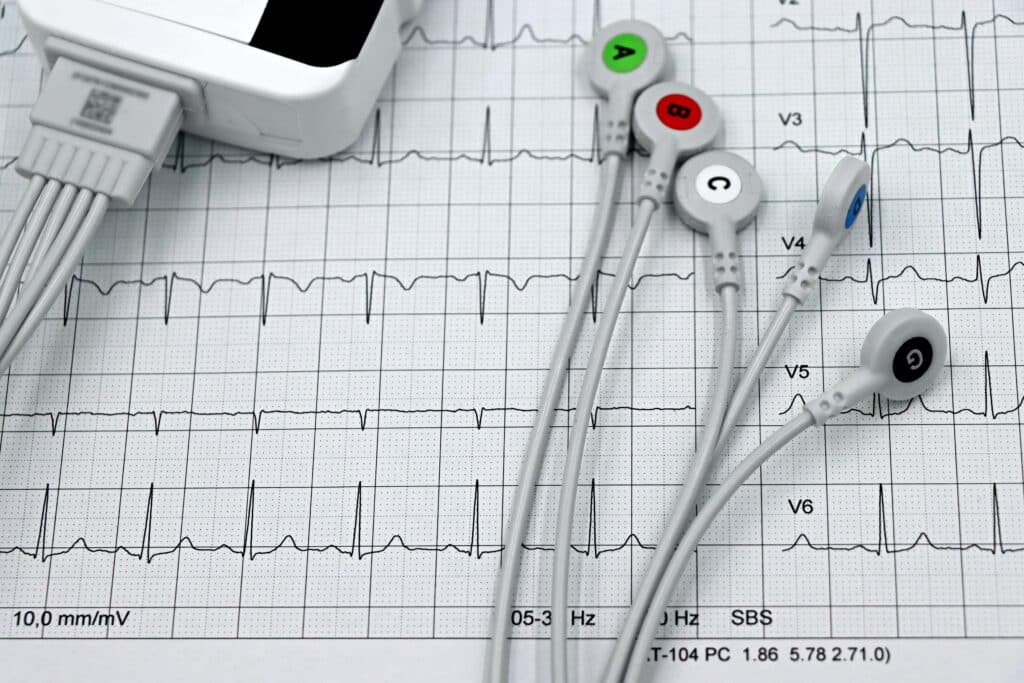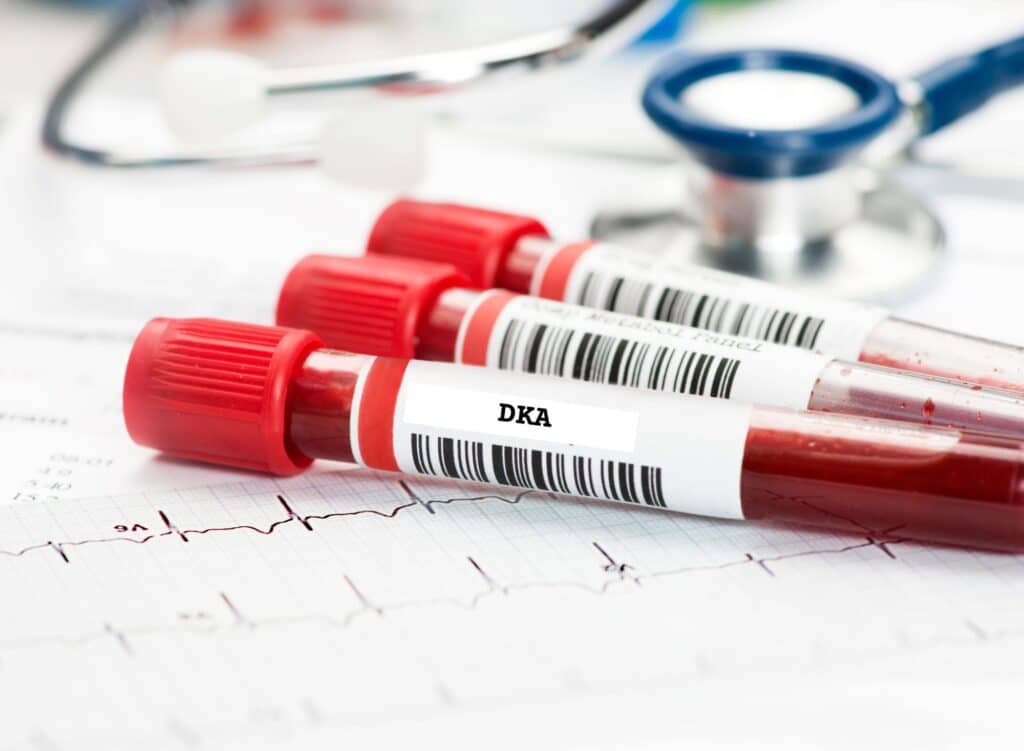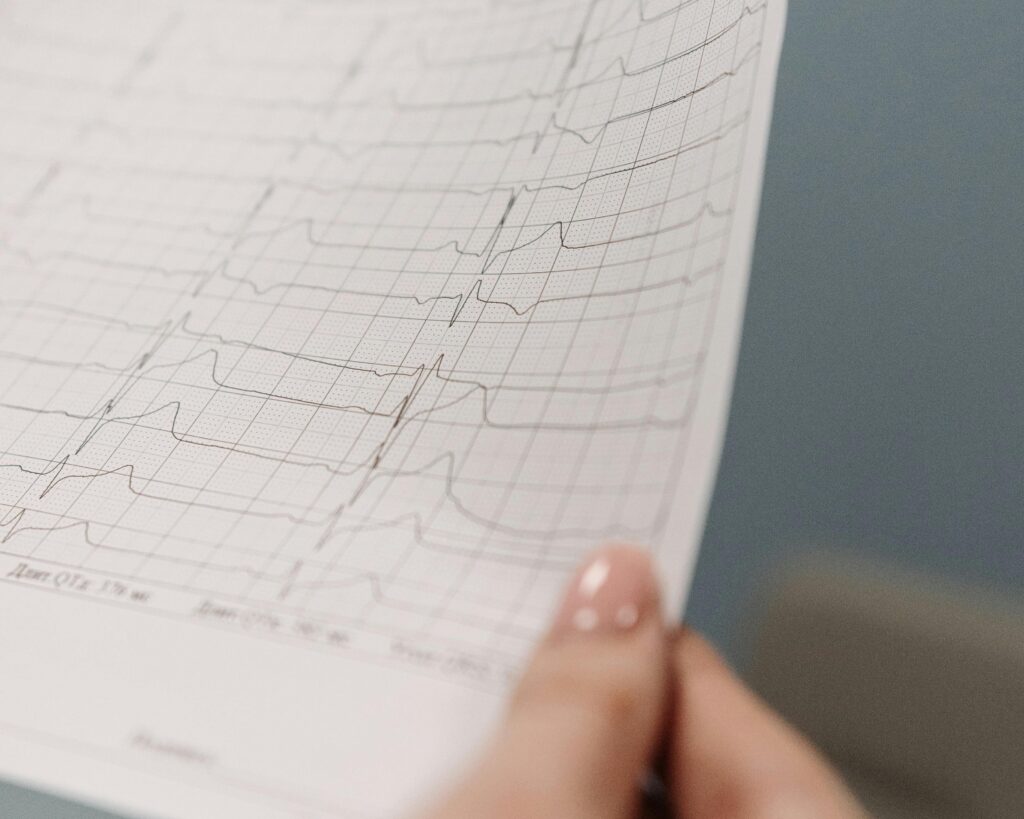Case Study: Unlinking a Readmission Hospitalization During a Peer-to-Peer Payer Review
CLINICAL SUMMARY: A 70-year-old patient arrived in the Emergency Department (ED) from an assisted living facility (ALF) as his renal function deteriorated, and he slipped into a severely depressive state. The patient appeared pale and withdrawn, and the ALF staff reported that the patient did not eat or drink for approximately three weeks. Additionally, the […]
Case Study: Unlinking a Readmission Hospitalization During a Peer-to-Peer Payer Review Read More »

